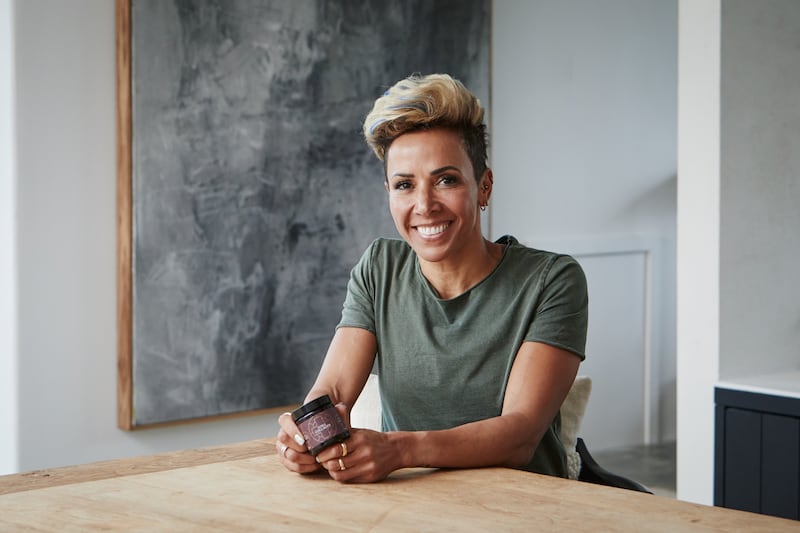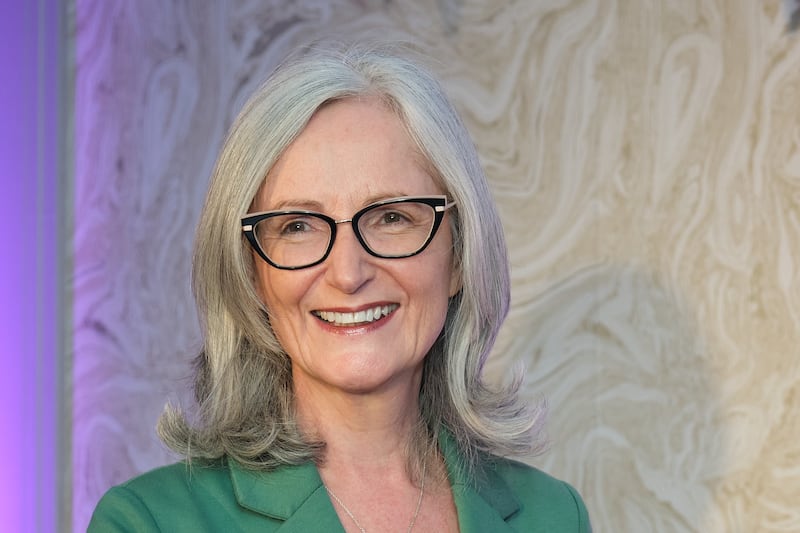As we reflect this week on International Day of Action for Women’s Health, a day marked by women and health organisations globally to educate people about women’s health and rights, it feels like a good time to discuss the progress we are making in supporting women with menopause.
There is no doubt that menopause and the challenges it presents for many women is making media headlines and increasingly is the topic of conversations in workplaces and among friends and families.
As more women are rightly empowered to break the taboos around talking about and seeking help for the many and varied symptoms and impacts of the menopause, it’s no surprise that there has been an increasing ask of GPs to diagnose, support and, where necessary, prescribe, and like my GP colleagues I have seen many more women seeking consultation on the topic.
Read more:
Menopause and menstruation standard launched for workplaces to support employees
Menopause stigma still ‘rife' in workplaces as women fear for their careers
The last four years has seen an 85 per cent increase in the number of women here receiving prescriptions for Hormone Replacement Therapy (HRT).
The number of women receiving HRT has risen from 27,963 in 2018 to 51,998 in 2022, with 241,287 items prescribed. This is despite the pandemic, the rising demand for all appointments, and the access problems that patients face due to falling GP numbers and practices under extreme pressure.
Bearing in mind that not every woman who consults with menopausal symptoms wants, needs, or can take HRT, these figures are an underestimate of the number of women in Northern Ireland supported by GPs in the perimenopause and beyond.
Such support includes cardiovascular health screening, advice around risks and benefits of drug treatments and how women can maintain health and wellbeing through menopause and beyond. There are also several other drug treatments used to manage symptoms that are not captured in this data.
It is always hard to hear that some women have not received the care they should expect and deserve. We must be honest that we are facing a crisis in general practice where we are drowning in demand and that means our hands are tied beyond our control. A better resourced service with more GPs, practices nurses and pharmacists would deliver even better menopause care.
Despite all the challenges, GPs and their practice teams really are punching above their weight when it comes to improved menopause management today, especially when you think that women receiving HRT also need regular review, where prescribing is monitored, and risk and benefits readjusted with time.
My advice to any woman who is concerned about the impact of menopause is to firstly equip yourself with some good information and there are many excellent websites that can help. The one I most commonly signpost to is Women’s Health Concern (www.womenshealth-concern.org).
Next, ask your GP reception team who is the best person to request an appointment with for menopause problems. Most practices will have at least one GP with an interest in women’s health. If you have other medical conditions, any prescribing may need to be tailored for you and this will be done in partnership with your GP.
Please always remember your GP practice team are here for you. We are struggling to manage a huge demand, but we want to help women manage their menopause well.
:: Dr Ursula Mason is chair of the Royal College of GPs in Northern Ireland








